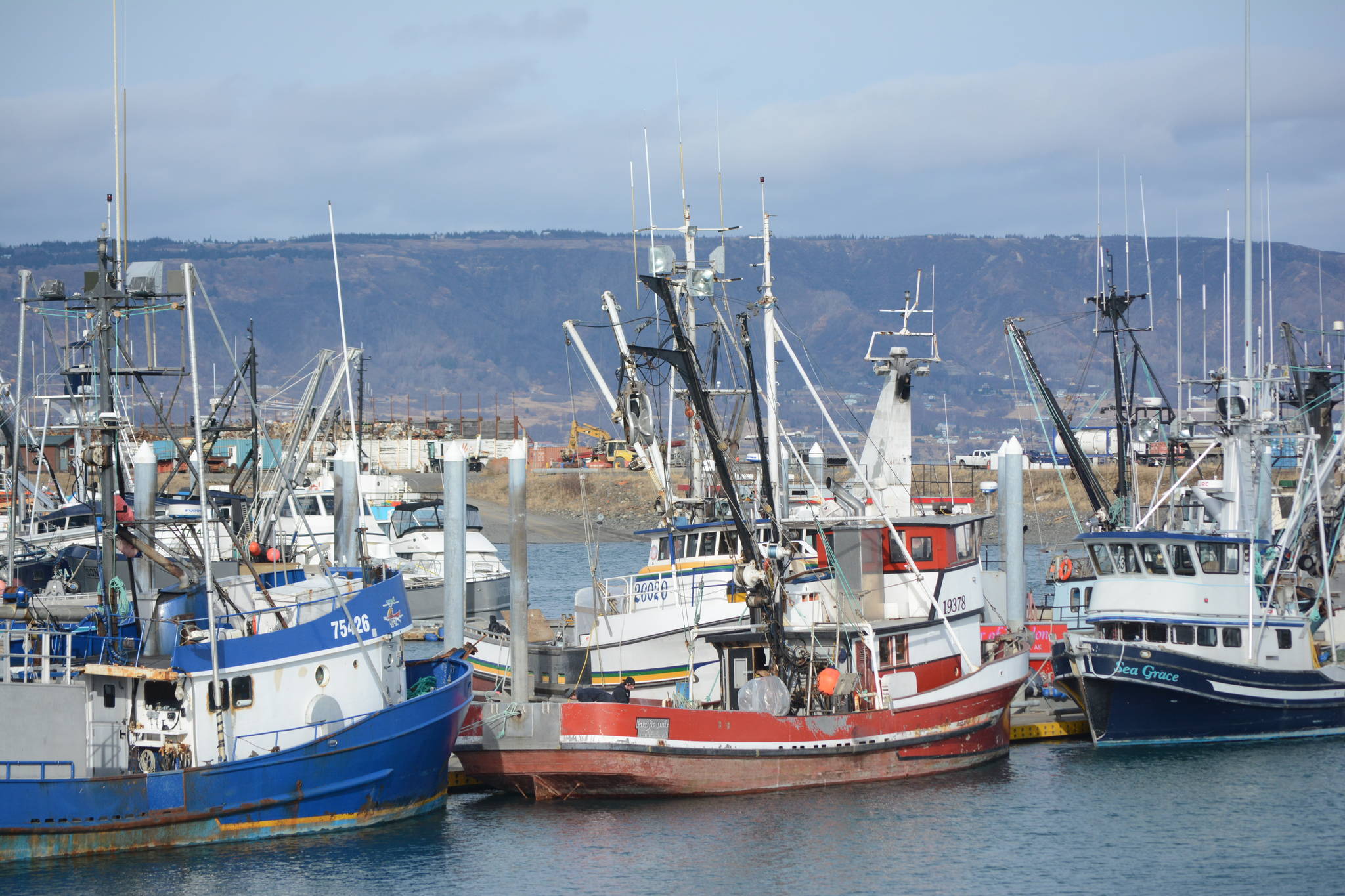Congress is getting involved in fisheries in a couple key areas: safety and climate change.
Republican Rep. Don Young is leading a bipartisan effort along with Rep. Jared Golden (D, Maine) to improve safety, introducing the Funding Instruction for Safety Health, and Security Avoids Fishing Emergencies Act. The FISH SAFE Act is bipartisan, bicameral legislation that would increase the federal funding available for grants to support fishing safety training and research programs.
“Fishing is one of Alaska’s most important industries, and we need to be doing all that we can to ensure our fishermen remain safe on the job,” Young said in a statement. “The FISH SAFE Act is an important piece of legislation to provide the resources and training necessary to protect not only Alaska’s fishermen, but fishermen across the country. I am proud to partner with Rep. Jared Golden on this critical issue and look forward to continuing working with my friends on both sides of the aisle to support America’s fishermen.”
“I’ve met too many fishermen and lobstermen who have sustained a serious injury or have had a close call on the job,” Golden added. “This bill would make fishing safety programs available to as many fishermen as possible to prevent unnecessary injuries and deaths. My bipartisan bill, introduced with Congressman Young, supports the work that the Maine Coast Fishermen’s Association, the Maine Lobstermen’s Association, IAMAW Local 207, and other organizations are doing to train fishermen and lobstermen to stay safe on the water.”
In 2018, the federal share of fishing safety training and research grants was reduced to 50% from 75%, leaving local organizations with higher costs to run the safety programs. Young and Golden’s bipartisan bill raises the federal share of fishing safety training and research grants back up to 75%. The FISH SAFE Act would also reauthorize the safety training and research programs for $6 million a year for 2019-2021.
Perhaps the local organization most affected by this new funding is Alaska Marine Safety Education Association, based out of Sitka.
AMSEA director Jerry Dzugan said he was aware of the bill but had not had time to read it yet.
“I think this bill helps continue the training grant that was just awarded Sept. 1 (assisted by Sen. Lisa Murkowski), to continue on into the future for a couple more years.
“It will make training more readily available for fishermen around the US by building training infrastructure and by giving fishermen more access to training,” he said.
Dzugan said that the State of Alaska provides important funding for their programs, but that has seen steady cuts over the years, including 20% last year.
“We’re hoping to not have that problem next year,” he said.
He said that the money that is in Young’s bill is an appropriation that has to go out to competitive bid, but that the grant they were just awarded in September makes up about 20% of the budget, covering the state shortfall.
He added that although the September monies are a $650,000 grant, that is awarded over two years and half of it must be leveraged from non-federal funds, from state or private sources.
He said that the funds provided for in Young’s bill must be used for commercial fishing safety, while some use of state funds must be used to train kids in schools and non-commercial boaters.
“It’s complicated,” Dzugan said.
The most recent climate change legislation, also bipartisan, was introduced by Rep. Joe Cunningham, (D- S.C), and is co-sponsored by Reps Brian Mast (R-Fla.), Francis Rooney (R-Fla.) and Jared Huffman (D-Calif.), and is meant to help “low country” fishermen, but the impact, should it pass, would presumably help fishermen nation-wide.
Called the “Climate Ready Fisheries Act of 2019,” it directs the Government Accountability Office to “examine what actions have already been taken by fishery managers, identify whether any knowledge or funding gaps are hindering action, and provide recommendations for how we can better adapt fishery management, and prepare fishing industries and communities for the impacts of climate change.”
It also directs the GAO to offer recommendations for how Congress can enhance the nation’s science and management systems to better address climate change.
Cristy Fry can be reached at realist468@gmail.com



